Universities face pressing challenges in reviewing SOPs and essays due to high application volumes. AI solutions simplify this process by ensuring faster evaluations and improving accuracy. By using AI, universities can enhance efficiency, improve decision-making, and provide a better experience for applicants.
Table Of Contents
On average, US public universities entertain close to 10,000-30,000 student applications yearly, with large varsities like the University of Michigan & UCLA receiving over 1 lakh applications. IVY League Colleges receive around 30,000-60,000 applications, while private colleges entertain 5,000-20,000 applications annually.
As per the NCES report, approximately 1,900 U.S. colleges were on the receiving end of 10.3 million undergraduate applications in the 2021-2022 academic year. With more students applying to universities, reviewing Statements of Purpose (SOPs) and essays manually has become an uphill task. The traditional process takes a lot of time and effort, causing delays and inconsistencies in admissions.
- Rising Applications: Studies indicate that many universities experience a 20-30% rise in applications during peak months, putting pressure on admissions teams.
- Lengthy Review Process: Admissions officers typically spend 5 to 20 minutes per SOP or essay, making it challenging to process thousands of applications efficiently while ensuring consistency.
- Slow Response Times: A 2023 survey of 128 universities found that 1 in 4 student inquiries went unanswered, showing gaps in manual processing.
AI solutions offer a faster, more consistent, and efficient way, helping universities manage growing application volumes while ensuring fair and accurate evaluations.
How is AI Transforming SOP and Essay Analysis?
AI is transforming university admissions by making SOP and essay evaluations faster, fairer, and more efficient. With growing application volumes, AI tools help universities streamline document processing, improve decision-making, and overall applicant experience.
1. Automated Document Processing for Faster Evaluations
Manually processing SOPs and essays can be tiring and time-consuming for enrollment teams. AI-driven Natural Language Processing (NLP) tools can evaluate documents in seconds, extracting key information such as academic achievements, career goals, and personal statements. This automation speeds up the initial screening process, allowing admissions officers to focus on strategic decision-making. For example, the University of Florida used an AI-based system that cut application processing time by 40%, allowing staff to focus on more complex tasks. With Edmo’s Document Intelligence, universities can cut manual effort by 40%, streamline evaluations, and ensure faster, more accurate admissions decisions.
2. AI-Powered Content Analysis for Quality Assessment
AI tools can evaluate the quality of SOPs and essays by checking grammar, clarity, plagiarism, and relevance. Machine learning can compare applicant essays with successful ones to predict how well a student might perform at the university. AI also helps detect inconsistencies, making sure the essay is genuine and matches the university’s requirements. For example, the University of North Carolina at Chapel Hill uses AI to automatically score application essays based on writing quality, making the review process faster and more efficient.
3. Personalized Guidance Through AI Chatbots
AI-powered chatbots help students improve their SOPs by providing real-time feedback on writing, clarity, and key strengths. They also answer common questions about SOP requirements, formatting, and deadlines. For example, Penn State launched “LionChat,” an AI chatbot that provides 24/7 support on admissions, financial aid, and other application-related queries. These chatbots reduce staff workload while ensuring students get instant, accurate assistance for a smoother application process. With Edmo Conversation Intelligence, universities can achieve inquiry response times of under 1 minute, providing students with quick, accurate answers and improving the overall application experience.
4. Bias Reduction for Fairer Evaluations
AI helps universities make fair admission decisions by removing human bias & prejudice from SOP and essay evaluations. It focuses on clarity, coherence, and relevance instead of personal factors, ensuring a more objective process. A survey found that 85% of universities use AI to speed up evaluations, 42% to improve decision-making, and 38% to reduce bias. Additionally, 90% believe AI makes admissions fairer and more data-driven. By using AI, universities can create equal opportunities for all applicants.
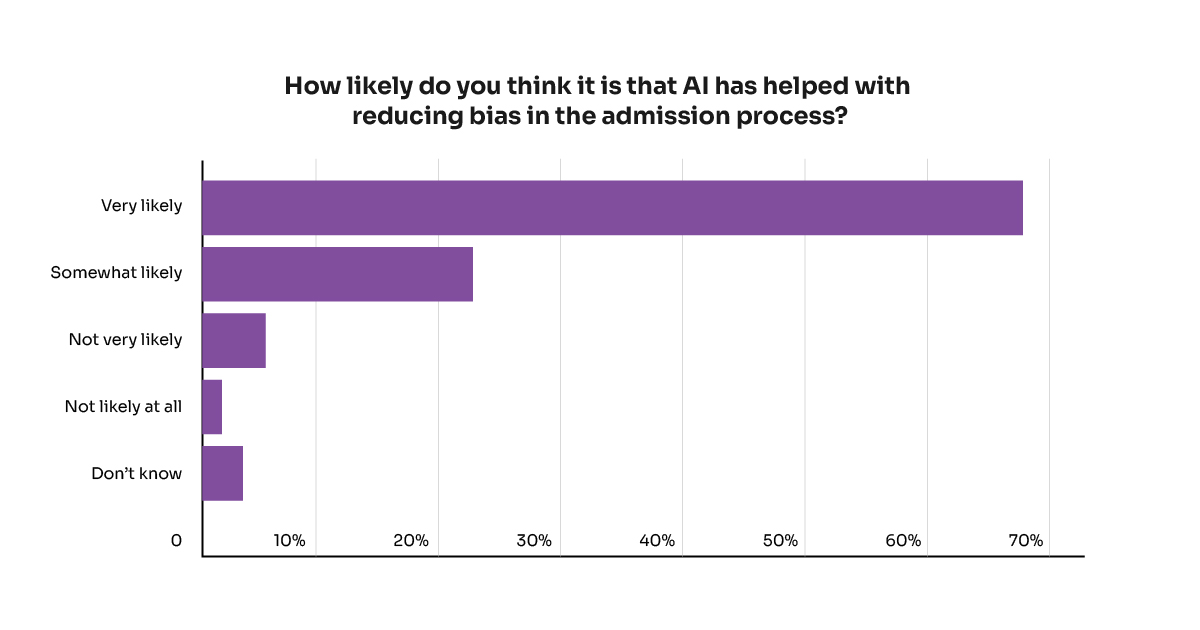
5. Predictive Analytics for Admissions Success
AI helps universities make better admission decisions by evaluating past data to identify patterns in successful SOPs. This allows universities to select students who are more likely to excel, improving retention and overall student success. A Liaison survey found that while predictive AI greatly improves admissions, only 40% of administrators currently use it. AI can assess applications, predict student performance, and support better decision-making.
Read more: How can Student Inquiry Management be transformed through AI solutions?
Conclusion
AI-driven SOP and essay analysis are changing university admissions by improving efficiency, ensuring fairness, and providing data-driven information. Using AI helps universities improve evaluation accuracy, streamline decision-making, and attract top candidates. With Edmo’s AI solution, universities can assess applications faster and more accurately. Edmo’s advanced tools ensure a fair, data-driven admissions process, helping universities select the best-fit students.
Also Read: The ROI of Enrollment Innovation: Why Technology Investments Pay Off
The Growing Importance of Micro-credentials in Higher Education
Optimizing student transfers for higher education admissions
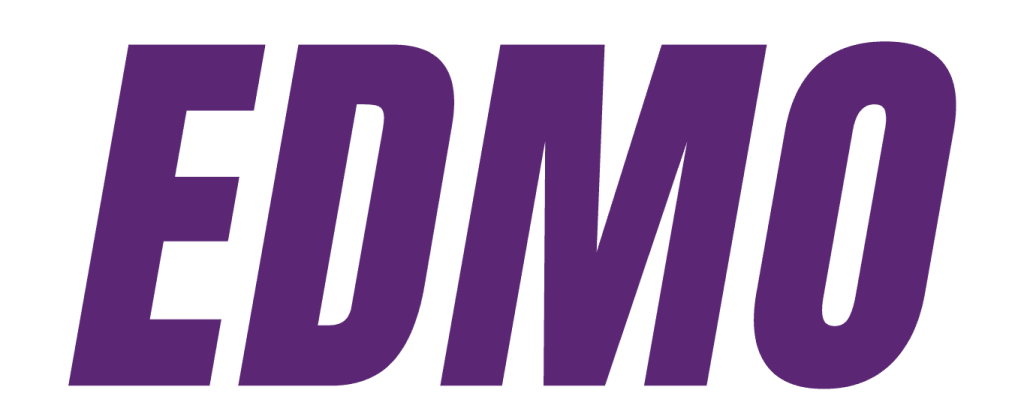
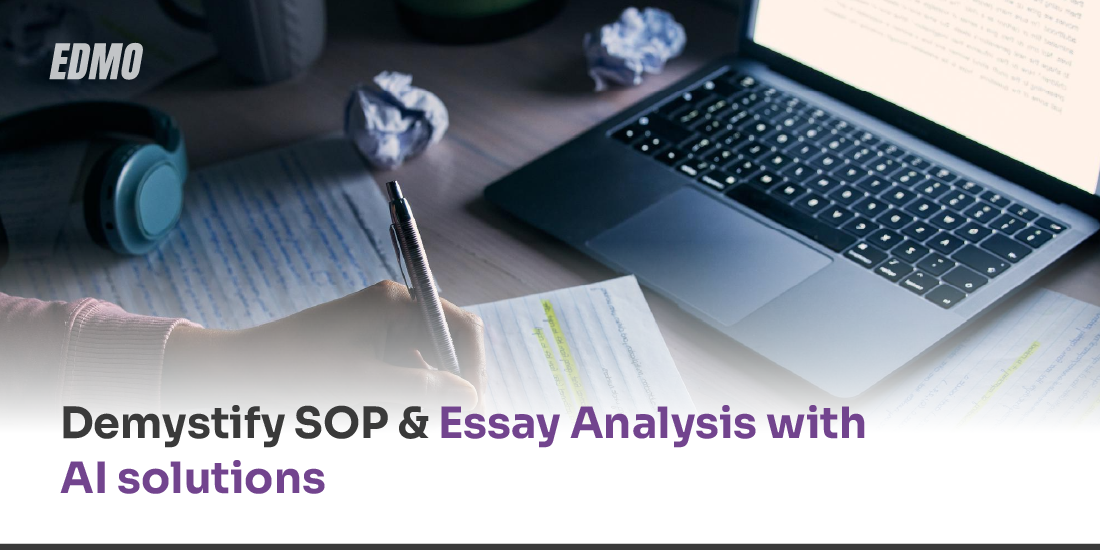
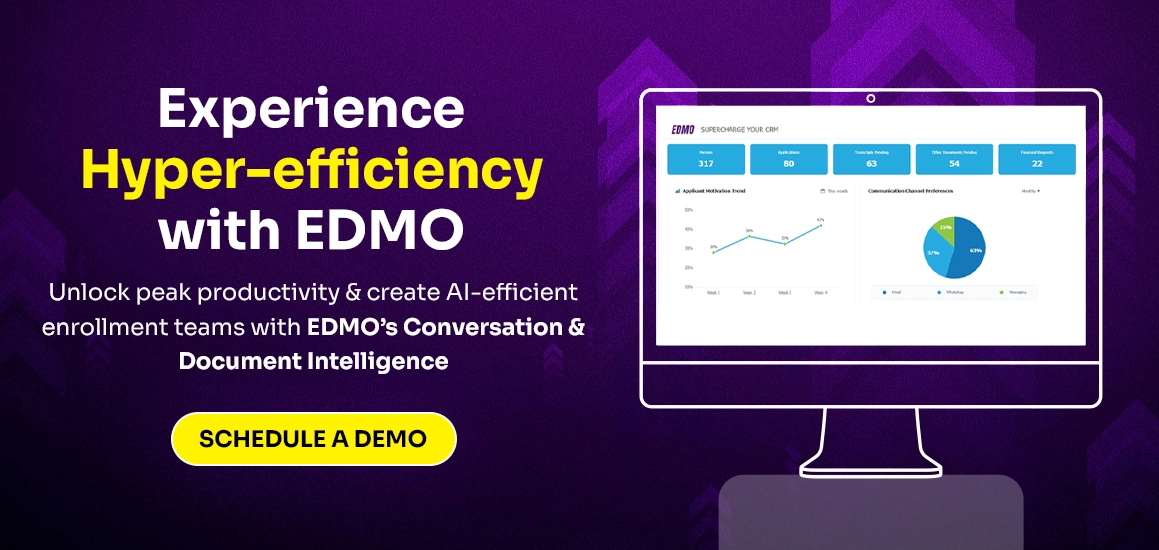


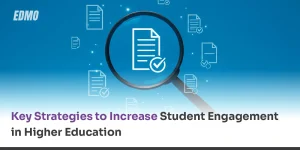
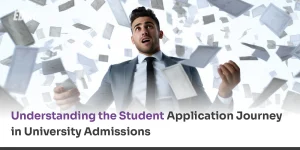
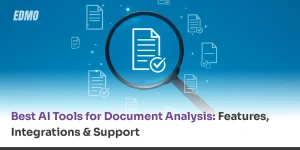
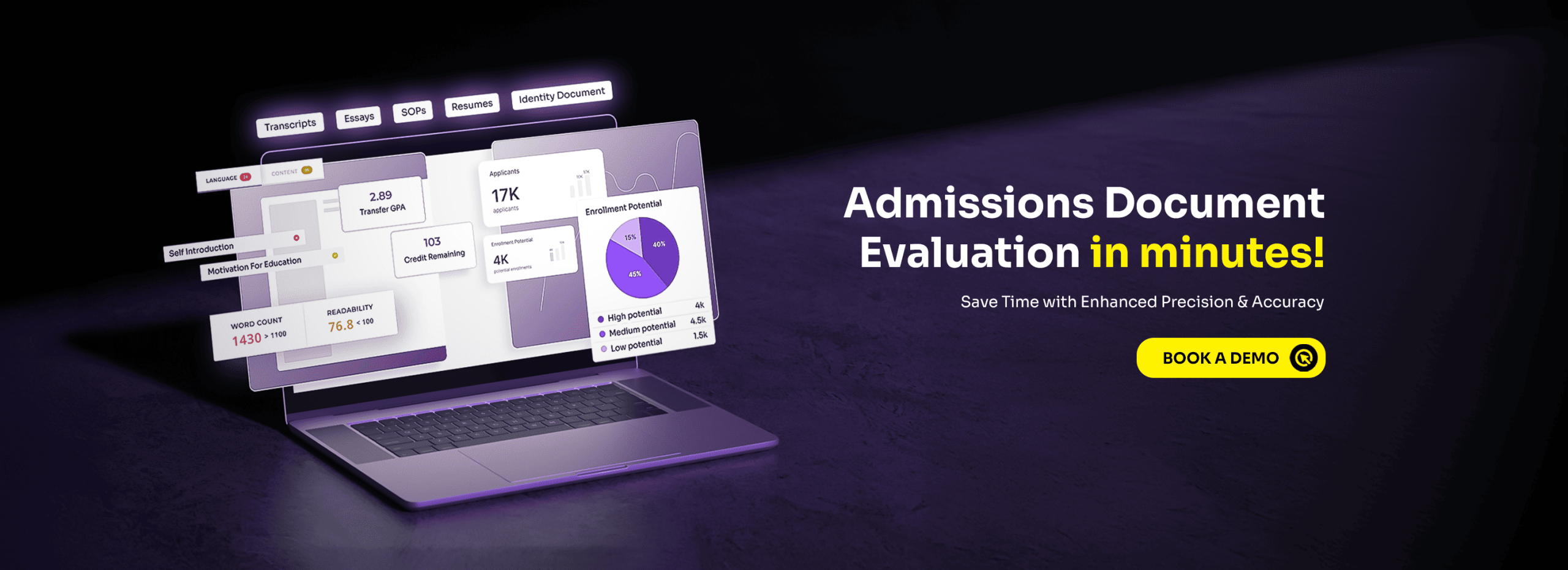
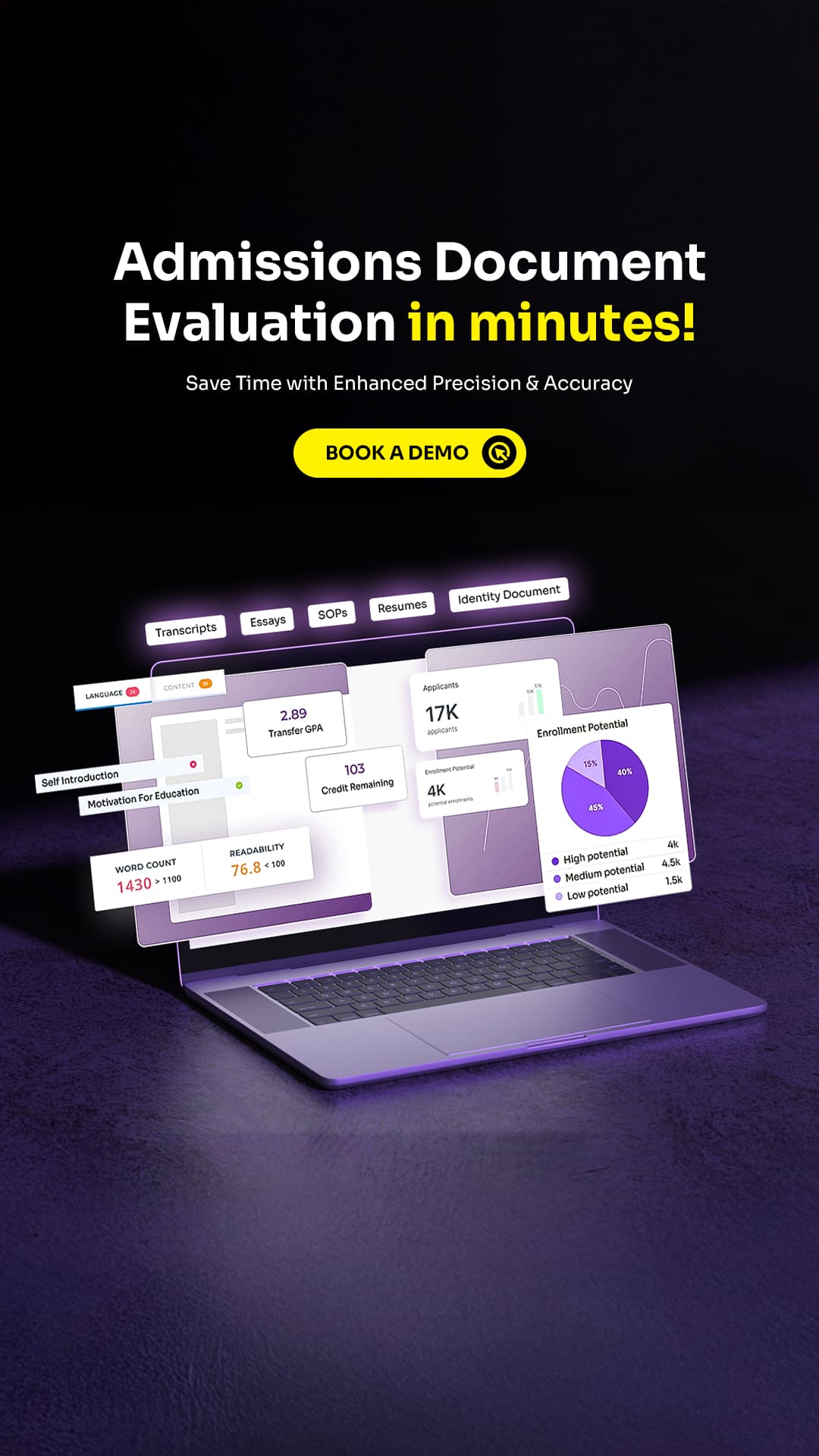
No comments yet. Be the first to comment!
Leave a Comment